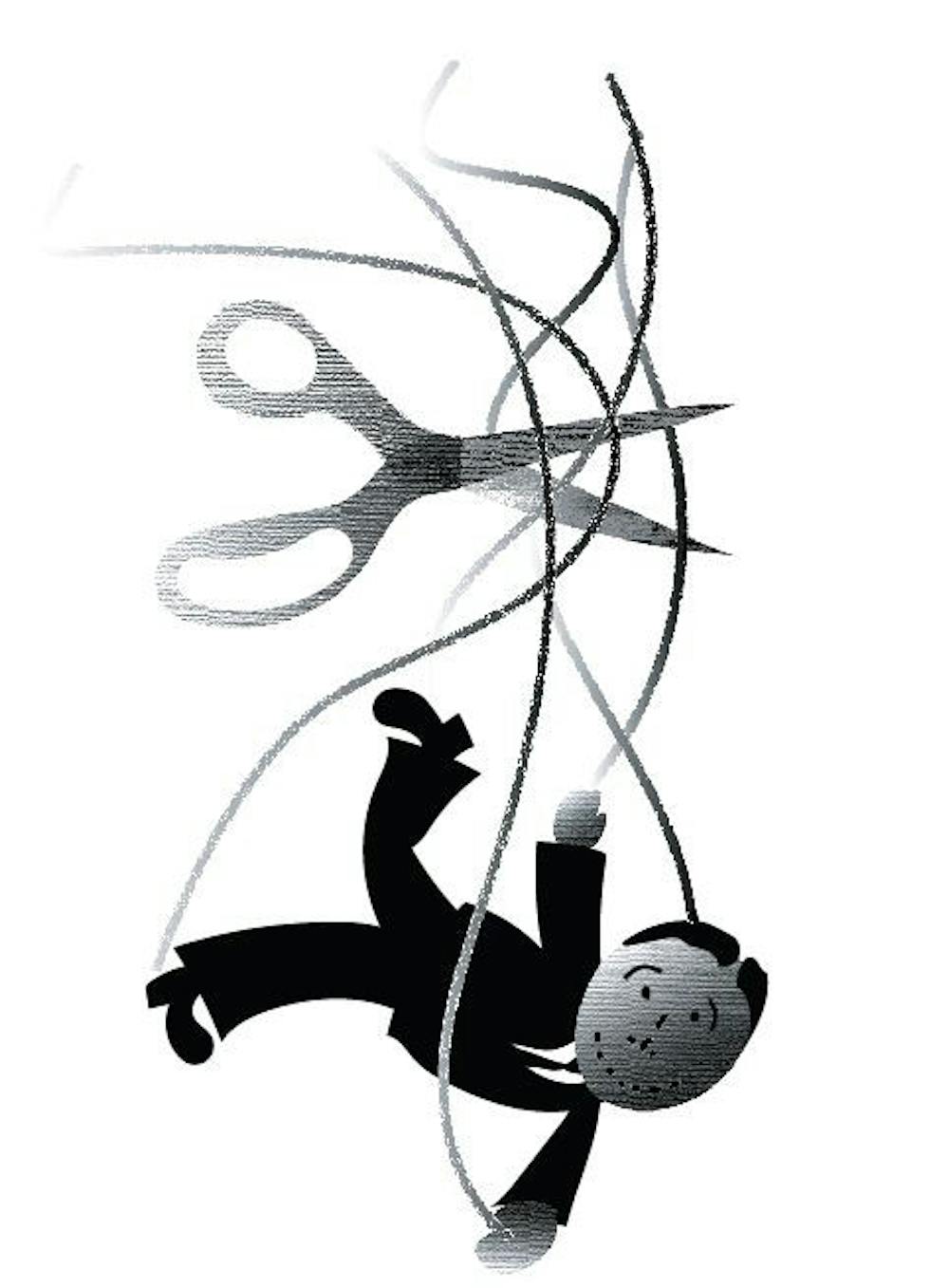One evening in November 1989, Western families sat in their living rooms to watch the Berlin Wall crumble. Twenty-six years later, the nations of Eastern Europe are still experiencing political evolution, though not as publicly as during the Cold War era.
As a Romanian at Brown, I find myself watching from afar as my generation seeks to overturn a corrupt system and inspire real change. As my American peers prepare for the presidential elections (whether they’re “feeling the Bern” or hoping to make America great again), the Romanian population is adjusting to its newly appointed government. It seems that though the televised revolutions of the late 1980s are behind us, political transformation in Romania has just begun.
Two months have passed since a fire in a popular nightclub located in the heart of Bucharest, the capital of Romania, spurred a national uprising. The nightclub lacked the proper safety exits and was severely overcrowded, yet the owner had been able to bypass security requirements due to his powerful connections. The burning building and the fire’s innocent victims stood as a symbol for the rampant corruption in the country.
Throughout history, revolutions have been spurred by defining moments that represented decades of injustice suffered in silence. In Romania, it took a devastating fire to spark popular unrest. Thousands of Romanians took to the streets in protest, demanding the resignation of the cabinet. In 1989, it took a similar demonstration and a symbolically shredded Romanian flag to bring down the communist dictator, Nicolae Ceausescu. It seems appropriate that the children of those revolutionaries are demanding change yet again, hopeful that their children won’t have to.
The Romanian regulatory system has been hostile to reform and continues to be a bribable institution. Money and connections, in the case of the nightclub, were valued above the lives of innocent victims.
Demands for the resignation of the country’s prime minister, Victor Ponta, began in 2013, when he ran for the 2014 presidential election and faced overwhelming international criticism. U.S. Assistant Secretary of State for European and Eurasian Affairs, Victoria Nuland, described Ponta’s government as “a cancer of democratic regression … that bypasses parliament as often as (it) suits them.” Much of the population seemed to agree, waiting in lines for hours for the opportunity to vote against the corrupt prime minister.
Ponta lost that election but maintained his position as prime minister. In 2015, he was forced to resign after standing trial for corruption and facing pressure from the sitting president. While pleading innocence, Ponta relinquished his mandate, declaring that he hopes the end of his government will “satisfy the demands of the protestors.” But when did replacing one corrupt government with another ever put out a fire? Clearly, deep restructuring and realignment is necessary to spare the next generation from the same heartbreak.
The world has become accustomed to a political system comprised of political parties pushing their own agendas. We’re all used to politicians speaking for hours without saying a thing or promising change without any intention of implementing it. The lack of substance among many candidates in the current American presidential campaign stands as a testament to this.
Across the ocean, the new Romanian government, led by Dacian Ciolos, promises to be different. It promises to favor rational, honest leadership and to elect officials based on political vision. The institution is to stay in power for one year, during which the cabinet is to modernize the nation and reinstate a sense of trust within the Romanian population. The new cabinet calls itself a technocracy: an alternative to the democratic state, comprised of political leaders who lack party allegiance in favor of non-partisan progress. Is it crazy to believe that this is the radical change that the nation needs to separate itself from corrupt governmental systems? Can individuals without party allegiance or backing be trusted with a political mechanism?
It seems as though, despite the 12-hour flight that separates the United States from Romania, the issues dominating the political scenes are quite similar. As the Romanian people question the competence of their newly appointed government, the American people are turning away from “established” politicians and placing their trust in unconventional candidates who decry politics as usual.
The number of anti-establishment Republican candidates this year demonstrates the American public’s turn away from the traditional. Donald Trump’s appeal (besides his entertainment value, of course) is the fact that he isn’t a politician; he promises to cut the crap and make America great again in the same way that he built great skyscrapers.
What does it say about the system when a flamboyant business mogul is the preferred alternative to the entrenched politician? Are people so desperate for change that they’ll take a man who wants to build a wall and shut down the Internet over a politician who’ll do nothing at all? Romania may not have a Trump of its own to worry about, but its fresh-faced government certainly doesn’t come worry-free. As of now, it’s impossible to tell whether it’s truly time to put away the symbolic shredded flag or whether the next generation will wave it defiantly once again.
Fabiana Vilsan ’19 can be reached at fabiana_vilsan@brown.edu.
Please send responses to this opinion to letters@browndailyherald.com and other op-eds to opinions@browndailyherald.com.





